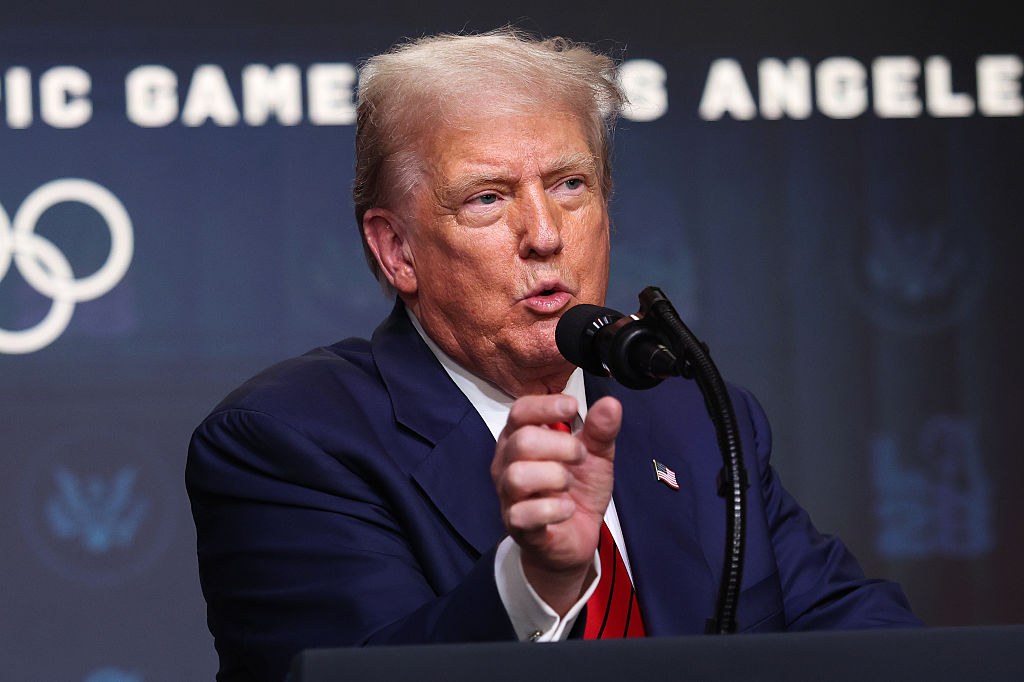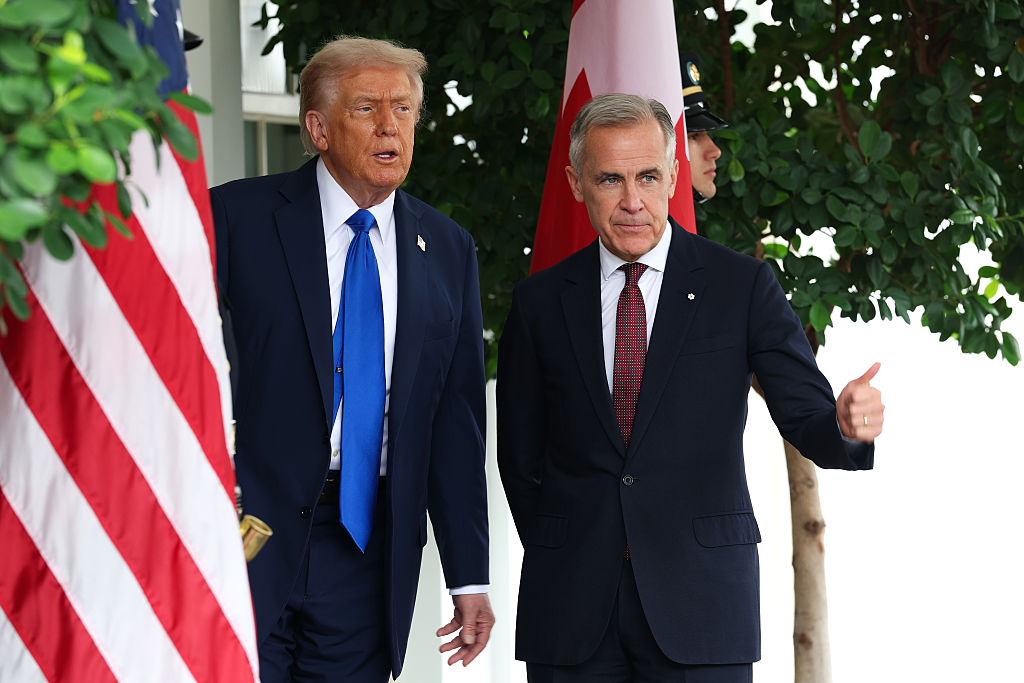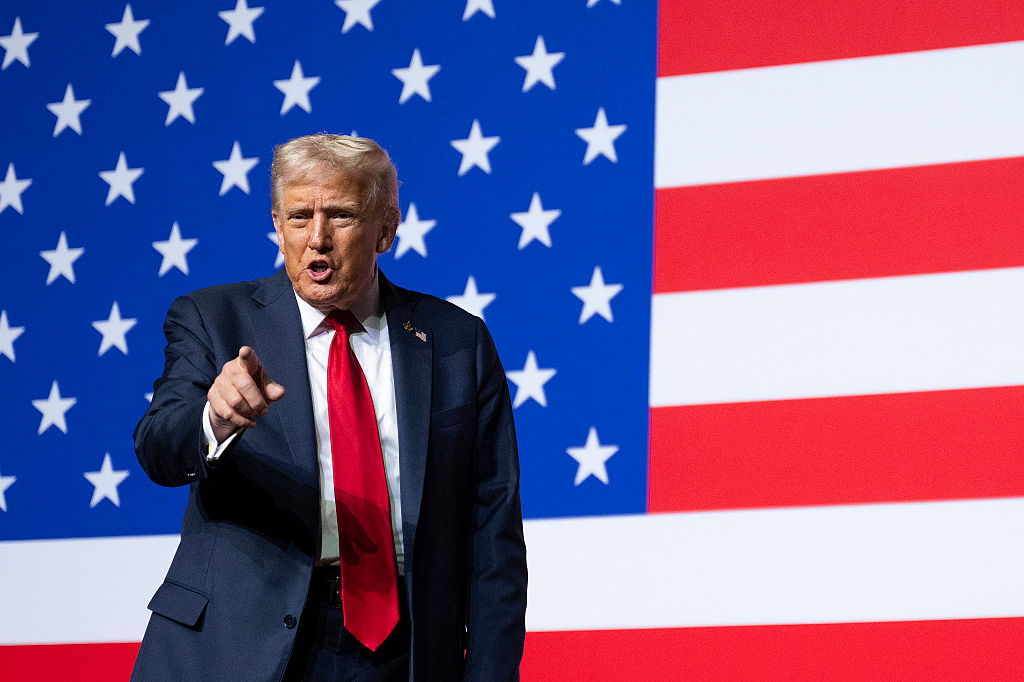The global trading system is adjusting to the tariffs levied by the United States: for most goods they look likely to settle at roughly 15 percent. The microchip industry will carry on much as before, the auto manufacturers will adjust, and even if it means drinking more Californian instead of French wine, the drinks trade will settle down. There is just one exception: pharmaceuticals. President Trump is determined that drugs should be manufactured on American soil. And if he follows through on that, Britain risks losing one of its last major industries.
The tariffs on pharma imports will start with just a few percentage points, but the plan is for them to escalate very quickly. “In one year, one and a half years maximum, it’s going to go to 150 percent and then it’s going to go to 250 percent because we want pharmaceuticals made in our country,” Trump said yesterday. It is a punitive level, and one that will force the major drug companies to shift production to the US, or else see their sales and profits wiped out.
In fairness, the President has a point. The drugs industry has long treated the American market as a source of easy profits, with prices for the same medicine on average 2.7 times higher in the US than in the rest of the world. In effect, it keeps the entire global industry afloat. Even worse, it has also side-stepped American corporate taxes by manufacturing elsewhere, declaring the bulk of the profits in other countries and shipping the final pills across the Atlantic. Ireland in particular has created a booming industry making drugs for the American market – Ringaskiddy in County Cork is even known as Viagra village – but so have Switzerland and the UK. Overall, it is a bad deal for American consumers, and it is easy to see why Trump wants to change it.
The trouble is, unless we can find a way to carve out an exemption, the UK looks like it will be one of the major losers. Life sciences is one of our few remaining major industries, led by giants such as AstraZeneca and GSK. AZ’s CEO Sir Pascal Soriot has already discussed moving the company’s headquarters and listing to the US. True, drugs companies can always just ramp up their manufacturing operations in the US, as both Astra Zeneca and GSK have said they will, but with the bulk of their revenues, research and profits in the US, it may only be a matter of time before they relocate completely.
Trump may be mistaken in believing that domestic manufacturing is a matter of national security, although he is right that US prices are too high.


























Leave a Reply